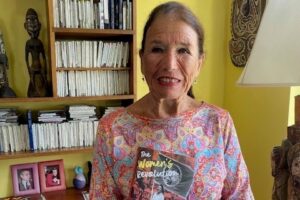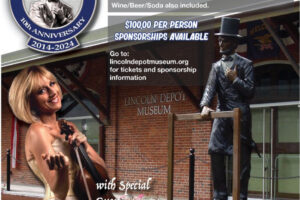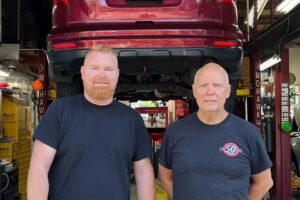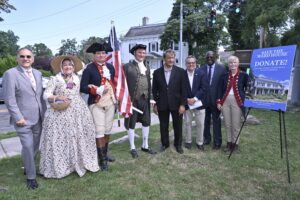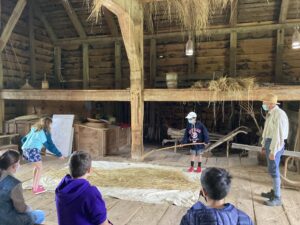 Daily life during Colonial times was filled with tedious chores. Todd Fourth-graders recently got a close-up look at what it took to live and work on a farm in the 1750s.
Daily life during Colonial times was filled with tedious chores. Todd Fourth-graders recently got a close-up look at what it took to live and work on a farm in the 1750s.
Students in Laura Cascioli’s class recently visited Philipsburg Manor in nearby Sleepy Hollow. The farm, which is now a living history museum, focuses on the lives of the 23 enslaved individuals who lived on the property, as well as demonstrations of daily work that took place there.
“The students learned about the work of Caesar, an enslaved African miller,” Ms. Cascioli said. “They toured the manor house, learned about grain production, and saw examples from daily life during the Colonial era.”
The trip ties in with the current fourth grade curriculum.
“We have been learning in school about Colonial times – how people lived and how they dressed back then,” said Aria, a fourth grader in Ms. Cascioli’s class.
According to Aria and fellow classmate Chiara, the field trip was an opportunity to learn even more in depth about the daily lifestyle in the 1700s.
“We learned how people used to grow wheat and grind the seeds,” Chiara said.
The students also learned about making medicine.
“There was no actual medicine back then, so we learned how they used to boil leaves and grind them to make medicine,” Aria said. “We also got to do some activities, like turn a big rock that turns corn into cornmeal.”
The students visited the recreated manor and were surprised to see that there were some original artifacts.
“There were old beds and furniture inside the house,” Aria said. “Some of it was recreated but some was the original.”
According to the girls, there were actors dressed in period costumes walking around.
“We saw a farmer, a cook and a person working with animals,” Aria said. “Some people were just walking around and some spoke with us. They really looked like they were from that time!”
Both Aria and Chiara recommend visiting Philipsburg Manor.
“I recommend this to anyone interested in Colonial times because it’s super fun and you can really learn things and do all these hands-on activities,” Aria said. “I think it’s better to have hands-on experience than just learn about it in class because it makes it more interesting. You get to actually do what those people did a long time ago, and it makes you learn a lot more.”



